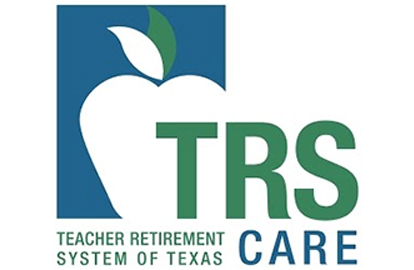TRS-Care Funding
Issues
TRS-Care is the health insurance program more than 260,000 retired Texas educators rely upon. The program is provided by the Teacher Retirement System of Texas (TRS), the state agency responsible for running teachers’ retirement pensions.
During the 85th Regular Session of the Texas Legislature, TRS-Care faced a $1.1 billion budget shortfall. If nothing had been done by the Legislature to address this issue, retirees’ premiums would have skyrocketed (even tripling), and the program could have closed within two years, leaving many without a quality health care option. The Texas Legislature made changes to TRS-Care funding for the program to remain solvent.
In 2016, the Legislature held an Interim Study Committee, which studied the issue of rising TRS-Care health insurance costs. The committee put forth two proposals, both of which required retirees to pay the entire shortfall.
Texas retired educators live on a fixed income. The average retiree receives $2,035 per month from the TRS pension. Ninety-five percent of Texas retirees did not pay into Social Security during their careers, and those who do receive Social Security are often harmed by federal provisions called the Windfall Elimination Provision and the Government Pension Offset.
Retirees can not afford to pay for the entire TRS-Care shortfall.
TRS-Care was created in 1986. It was originally designed to be a placeholder health insurance program for retirees. However, as the program grew and more retirees paid into it, TRS-Care became a reliable, quality health care program for teachers and other Texas educators.
However, with rising health care costs, TRS-Care expenses have outgrown its income. TRS-Care is primarily funded by retired teachers, but it also receives funding from active educators, school districts, and the state. The state’s contribution level is equal to 1 percent of active educator payroll. Health care costs are rising at a disproportionate rate as compared to teacher salaries. Thus, TRS-Care will continue to see budget shortfalls under its current system. The TRS-Care funding system must be re-worked to satisfy its modern needs.

